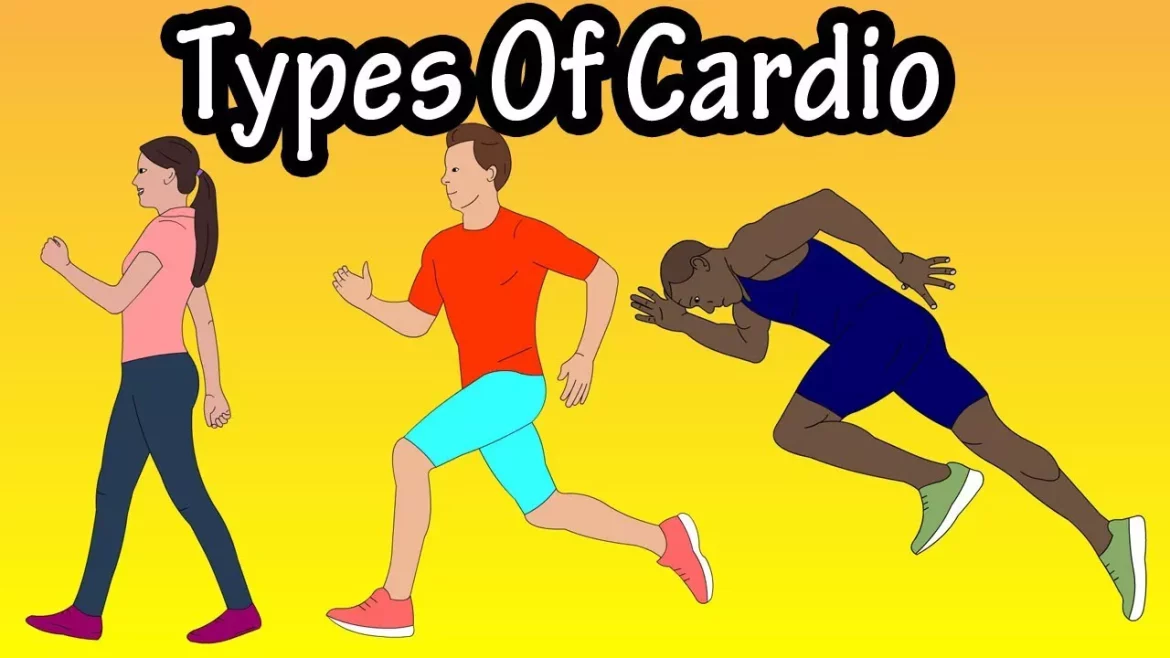The COVID-19 pandemic has left a profound impact on global health, with many individuals experiencing lingering effects even after recovering from the virus. One of the critical areas of concern is the cardiovascular system. COVID-19 can cause significant stress on the heart and blood vessels, leading to various complications. Strengthening your heart after COVID-19 is crucial to ensuring long-term health and well-being. This article provides comprehensive guidelines on how to bolster your heart health following a COVID-19 infection.
Understanding The Impact of COVID-19 on The Heart
COVID-19 primarily targets the respiratory system, but it also has far-reaching effects on the cardiovascular system. The virus can cause inflammation of the heart muscle (myocarditis), blood clot formation, and can exacerbate pre-existing cardiovascular conditions. Post-COVID, many individuals report symptoms like chest pain, palpitations, and shortness of breath, indicating ongoing cardiac issues.
SEE ALSO: Does AstraZeneca Vaccine Cause Myocarditis?
How to Strengthen Your Heart After COVID-19?
1. Gradual Resumption of Physical Activity
After recovering from COVID-19, it’s essential to reintroduce physical activity gradually. Start with low-intensity exercises such as walking, stretching, and light yoga. As your stamina improves, you can slowly increase the intensity and duration of your workouts.
Walking: Begin with short, 10-15 minute walks and progressively increase the time as you feel more comfortable.
Yoga and Stretching: These exercises can help improve flexibility, reduce stress, and promote cardiovascular health.
Strength Training: Incorporate light weights or resistance bands to help build muscle strength without overexerting your heart.
2. Cardiovascular Exercises
Engaging in cardiovascular exercises is crucial for heart health. These exercises help improve circulation, strengthen the heart muscle, and boost overall cardiovascular endurance.
Aerobic Exercises: Activities such as brisk walking, jogging, swimming, and cycling are excellent for heart health. Aim for at least 150 minutes of moderate-intensity aerobic exercise per week.
Interval Training: Incorporate interval training, which involves alternating between high-intensity and low-intensity exercises. This can help improve cardiovascular efficiency.
3. Heart-Healthy Diet
A balanced, heart-healthy diet is vital in strengthening your heart after COVID-19. Focus on nutrient-dense foods that provide essential vitamins and minerals.
Fruits and Vegetables: Aim for a variety of colorful fruits and vegetables, which are rich in antioxidants, vitamins, and fiber.
Whole Grains: Choose whole grains like oats, brown rice, quinoa, and whole wheat over refined grains.
Lean Proteins: Include sources of lean protein such as chicken, fish, legumes, and nuts. Fish, especially fatty fish like salmon and mackerel, are rich in omega-3 fatty acids, which are beneficial for heart health.
Healthy Fats: Incorporate healthy fats from sources like avocados, olive oil, and nuts, and avoid trans fats and excessive saturated fats.
Limit Sodium and Sugar: Reducing sodium and sugar intake can help manage blood pressure and reduce the risk of heart disease.
4. Hydration
Staying well-hydrated is essential for overall health, including cardiovascular health. Proper hydration helps maintain blood volume and circulation. Aim for at least 8-10 glasses of water a day, more if you are physically active or in a hot climate.
5. Regular Check-Ups and Monitoring
Regular medical check-ups and monitoring are crucial after recovering from COVID-19, especially if you have pre-existing heart conditions. Consult your healthcare provider to monitor your heart health and manage any lingering symptoms.
Heart Monitoring: Devices like heart rate monitors and blood pressure monitors can help track your cardiovascular health.
Blood Tests: Regular blood tests can check for markers of inflammation and other indicators of heart health.
6. Stress Management
Managing stress is vital for heart health. Chronic stress can negatively impact your heart and overall health. Incorporate stress-reducing activities into your daily routine.
Mindfulness and Meditation: Practices like mindfulness meditation can help reduce stress and improve mental clarity.
Breathing Exercises: Deep breathing exercises can help lower heart rate and reduce stress.
Hobbies and Relaxation: Engage in hobbies and activities that you enjoy and that help you relax.
7. Adequate Sleep
Getting sufficient, quality sleep is essential for heart health. Aim for 7-9 hours of sleep per night. Good sleep hygiene practices include maintaining a regular sleep schedule, creating a comfortable sleep environment, and avoiding stimulants like caffeine before bedtime.
8. Avoiding Tobacco and Limiting Alcohol
Tobacco use and excessive alcohol consumption can have detrimental effects on heart health. If you smoke, seek help to quit. Limit alcohol intake to moderate levels—up to one drink per day for women and two drinks per day for men.
Specialized Rehabilitation Programs
For individuals who have experienced significant heart complications due to COVID-19, specialized cardiac rehabilitation programs may be beneficial. These programs are designed to provide supervised exercise, education, and support to help improve heart health.
Supervised Exercise: Personalized exercise plans under the supervision of healthcare professionals.
Education: Information on heart-healthy lifestyles, including diet, exercise, and stress management.
Support: Counseling and support groups to help cope with the emotional and psychological impacts of COVID-19.
Conclusion
Recovering from COVID-19 and strengthening your heart requires a comprehensive approach that includes gradual physical activity, a heart-healthy diet, regular medical check-ups, stress management, adequate sleep, and avoidance of harmful substances. By adopting these practices, you can enhance your cardiovascular health and reduce the risk of future heart complications. Always consult your healthcare provider before starting any new exercise or diet program, especially if you have existing health conditions or have experienced severe COVID-19 symptoms. Prioritizing your heart health will help ensure a full recovery and promote long-term well-being.

